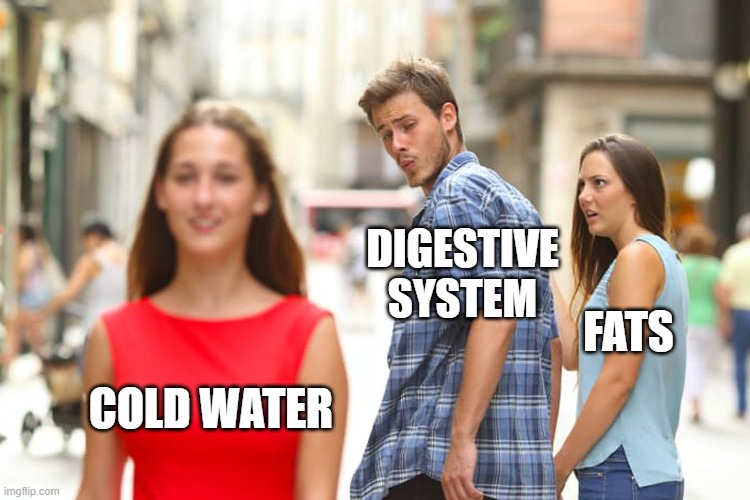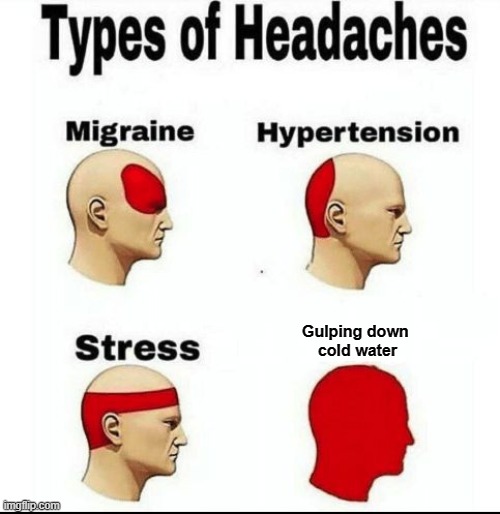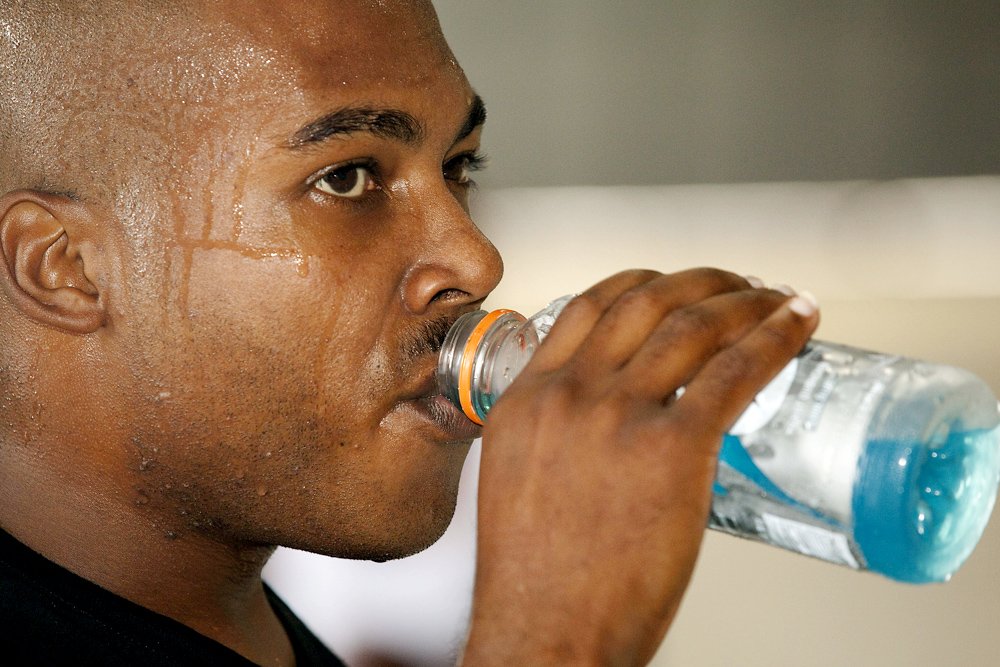Having cold water or a cold drink reduces our body’s core temperature. It also causes our blood vessels to constrict. Therefore, the body spends valuable energy in bringing our core temperature back to normal.
After walking for even a few minutes under the hot, sweltering sun, the first thing many people want to do is gulp down a glass of chilled water. To feel the cold water travel down our throat, leaving a cool feeling in its wake, seems to be absolute bliss. However, many people have often cautioned me not to do so. Is drinking cold water really unhealthy? What does science have to say about it? Let’s find out.
Cold Water Impacts Digestion
Cold water is said to slow down a person’s digestion, a fact that has been proven by a number of studies. While the exact reason has not been confirmed, there is one explanation that reigns above all, and most researchers agree.
Having cold water or a cold drink reduces our body’s core temperature. It causes our blood vessels to constrict. Therefore, the body needs to spend valuable energy in bringing our core temperature back to normal. This energy could have instead been spent digesting the food we ate.
Therefore, it affects our digestion by slowing it down and redirecting energy. This slowed digestion will mean that the body develops a “sludge” that can cause allergies, headache, fatigue and even deteriorate the strength of our immune system. Similarly, cold water or drinks solidify the fats we have consumed. Therefore, they aren’t broken down as easily, as the body needs to spend more energy to do so.

To understand how drinking cold water hampers the digestive system, think of your digestive system as a hot wok that fries food. Imagine if someone suddenly threw cold water into this burning wok… what would happen? Doing this would be dangerous as oil and water would violently splutter out of the wok. Similarly, when you drink cold water while eating, it’s like adding water to a hot wok.
Of course, it isn’t that bad, but it serves as a good analogy to explain how drinking cold water, especially with meals, is a bad idea.
Although many experts recommend that you avoid drinking water during meals, if you cannot control the urge, drinking water at room temperature is a better alternative then sipping on cold water.

Also Read: Why Does Cold Water Taste Better Than Warm Water?
Cold Water Aggravates Migraines
Some studies have found that the consumption of cold water also worsens headaches and migraines. A study done by Peter Mattson at the Neuroscience Department of Sweden University Hospital found that a significant number of women experienced a headache after consuming cold water.
Dr. Ivan Garza, working in the Neurology Department of the Mayo Clinic College of Medicine, has corroborated this study. In his own study, he noted that this pain in the head upon consuming cold water begins within a couple of seconds and peaks within a minute. For some people, the pain can persist longer than five minutes. Headaches experienced by participants of his study when they gulped down cold water were felt in the mid-frontal lobe and then followed into the occipital and bi-temporal lobes of the brain.

Also Read: Hot Or Cold? What’s The Best Temperature For Taking A Shower?
Cold Water Leads To A Sore Throat
Another problem that often occurs as a result of gulping down cold water frequently is a nasty build-up of respiratory mucosa—the protective layer of the respiratory tract. When this layer gets clogged, we often get a sore throat. Clogging also makes the respiratory tract more vulnerable to infections. So yes, your elders are right when they say that you’ll get a sore throat and a runny nose if you drink too much cold water.
Also Read: Why Does Drinking Water Soothe Coughing And Dry Throats?
Cold Water Lowers Heart Rate
Another thing that cold water does is alter our heart rate. It affects the vagus nerve, which is a cranial nerve partially responsible for the lowering of the heart rate. The vagus nerve is supposedly affected by cold water, which reduces the heart rate.
Cold Water And Exercise
So far, we have discussed the perils of drinking cold water, but there are circumstances or exceptions in which drinking cold water could actually be healthy.
If you have ever done any form of workout, you will know that the first rule is to never skip the warm-up. Warming up before any exercise or physical activity is necessary, as it increases blood flow to our muscles, thus providing us with flexibility and more energy to spend.
However, what happens when we start exercising?
Our body starts heating up and we start sweating. The part we need to focus on here is that our core temperature begins to rise. Now, in people sensitive to heat, or suffering from multiple sclerosis, this proves to be a limiting factor. During workouts, they often experience fatigue and other symptoms of overheating. Studies have shown that the gradual consumption of cold water helps in such situations.
One such study found that drinking cold water during exercise improved the stamina of people suffering from multiple sclerosis by roughly 30%. Besides improving exercise tolerance, another important finding was that cold water did not blunt the rise in rectal or skin temperatures.

To summarize, drinking cold water is generally not great for your overall health, barring a few exceptions, like drinking it during a workout.
For millennia, traditional Chinese and Indian Ayurvedic medicines have recommended drinking warm water to boost health and avoiding cold drinks altogether. Modern studies have also pointed out that drinking cold water affects digestion and aggravates headache. So, unless you are suffering from multiple sclerosis or some other medical condition wherein cold water consumption is found to be beneficial, you’re better off avoiding those ice cubes in your H2O!
How much do you know about drinking cold water and its effects on digestion?

References (click to expand)
- Should you drink cold water while eating a meal? | SiOWfa16. The Pennsylvania State University
- Mattsson, P. (2001, April). Headache Caused by Drinking Cold Water is Common and Related to Active Migraine. Cephalalgia. SAGE Publications.
- Drinking cold water improves exercise tolerance in multiple .... Neuroscience Research Australia
- I Garza —. Cold stimulus headache - UpToDate. UpToDate, Inc.
- (PDF) EFFECTS OF DRINKING COLD WATER - Academia.edu. Academia.edu
